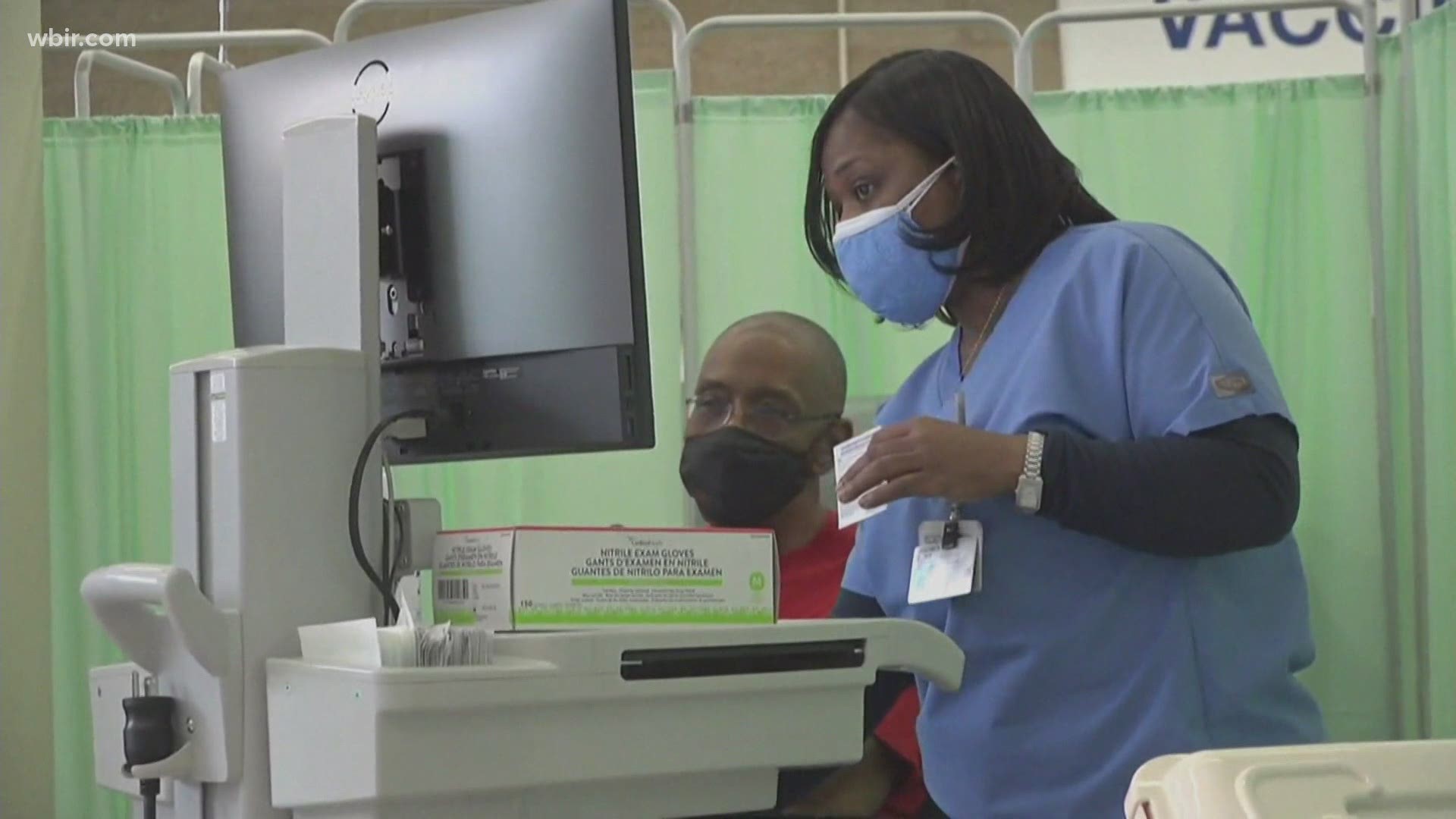Officials are working to speed up the distribution of the COVID-19 vaccine, but some communities are hesitant about taking the vaccine. That distrust is worrying health experts.
Black communities have historically been subject to medical testing without consent, such as the Tuskegee Study where Black men were lied to about receiving treatment for syphilis. Inadequate access to health care has also led to some communities of color being unable to receive the vaccine.
The coronavirus has also disproportionately affected people of color. Many people of color work in industries where they may be considered essential employees, routinely facing possible exposure to COVID-19.
"These are unprecedented times and it's going to involve coalition-building and speaking to communities of color to stamp out COVID-19," said Dr. Leon McDougle, the President of the National Medical Association.
Many cities across the U.S. are actively working to address concerns raised by people of color, and many outreach organizations said they are going door-to-door to encourage people to get the COVID-19 vaccine.

